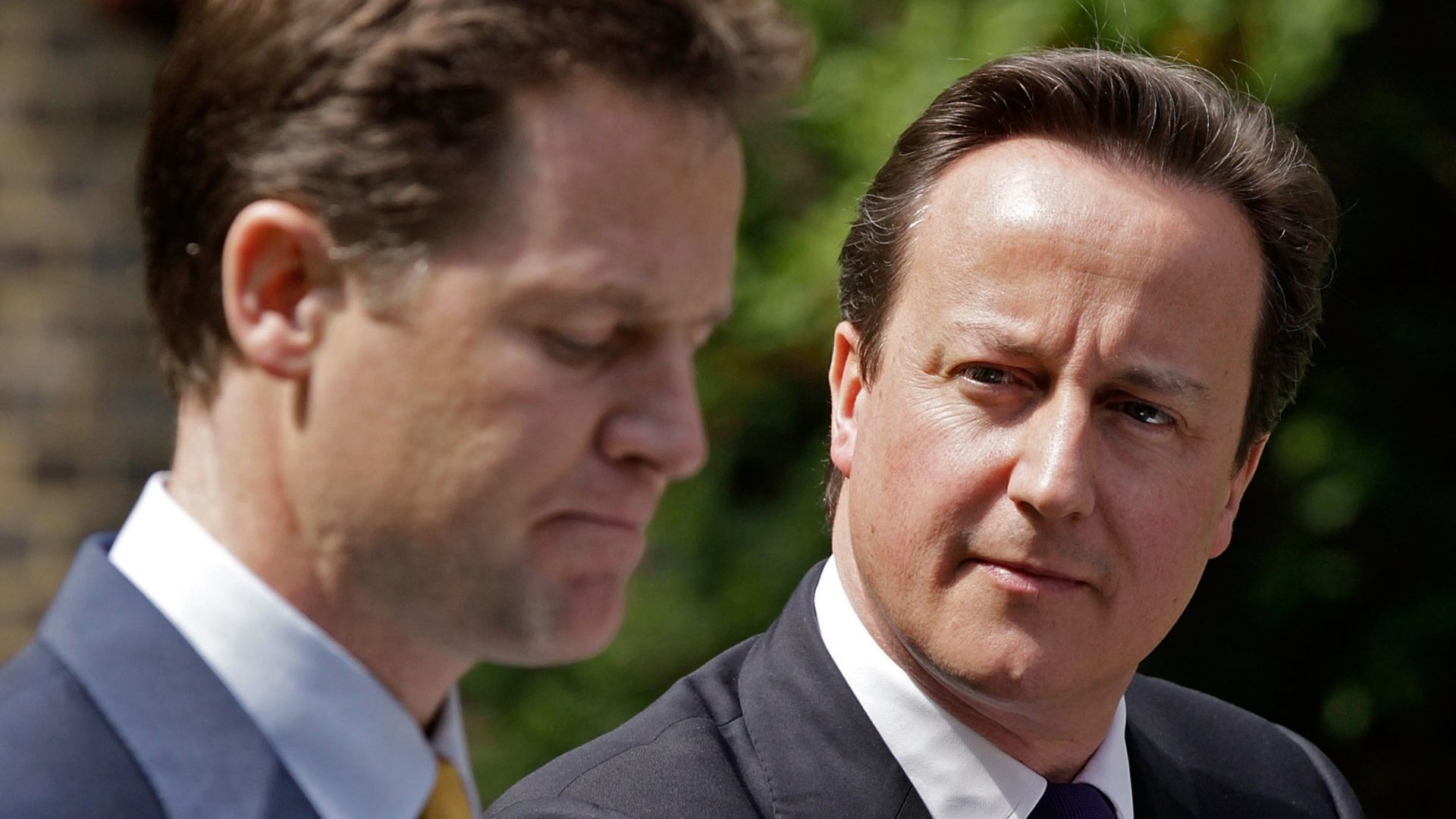As he grapples with disappearing Conservative voters and disaffected Brexiteers, Rishi Sunak has a new distraction tactic. It is to say Labour would be even worse at running things than his own party has been, with talk of a “£90bn black hole” in the plans of shadow chancellor Rachel Reeves.
This is a classic Tory tactic; arriving at a fantasy “uncosted” figure based on a mixture of actual Labour aspirations plus some policies that have already been dropped and some which the party is not committed to.
Yet there is a real black hole to consider, one created by 13 years of bad government, austerity, slow productivity growth and the disaster of Brexit.
These, together with outside forces like Covid and Ukraine, have all contributed to a failing state with weak defence and a deteriorating health service. What would be the cost of putting all that right?
The answer is a huge amount: over £200bn and counting; more than twice Sunak’s black hole.
For a start, there is missing revenue. Brexit is costing the government some £40-50bn a year in tax revenue that will have to be replaced.
Then there is missing health and social care spending under the Tories. The British Medical Association calculates that if instead of austerity the governments since 2010 had increased health spending in line with its historic trend, it would be £60bn a year higher than it is now. That is an awful lot of new hospitals, nurses and doctors.
In reality, the cost would be even more – that £60bn would not ease the pressures an ageing population will put on our economy, nor would it put the NHS back to the top of the international health service league table, which it was in 2010. Sorting those will need even more money.
Defence is another layer of the black hole. The Tories inherited a defence spending level of 2.47% of gross domestic product (GDP), but quickly shredded it during their austerity drive, tearing up defence projects and slashing service personnel numbers. Now the RAF doesn’t have enough planes or pilots, the navy doesn’t have enough ships and a shrunken army cannot, despite what is happening in Ukraine, put an armoured division in the field.
Having realised that we do need tanks after all, the government is now committed to increase spending to 2.5% sometime in the future, when it can find the money. Not exactly Churchillian, but welcome. It means finding another £5.5bn a year for defence, and as with health, even that is unlikely to be enough to reverse the damage already done.
Local government is often the Cinderella of government spending, the one area that is cut drastically so the government can pass the blame for the pain on to someone else. It has suffered brutally under the Tories, with central government grants cut by 37% between 2009-10 and 2019-20. Reversing that alone will take £15bn.
The running total so far, then, is a minimum of £130.5bn extra a year. In fact, it will be a lot higher, to cover a host of other areas where massive cuts have been sneaked through and where the consequences are now being felt.
Environment, where there aren’t enough inspectors to catch the water companies dumping sewage. The police and the courts, which are groaning. The civil service’s ability to deal with crises has been weakened by cuts. Even HMRC, which collects money for the government, struggles to do so efficiently. The whittling down of the state is obvious.
How do we pay for what needs to be done to repair this black hole? It is so huge that doing so through taxation would be impossible. UK tax revenue is predicted to rise to 35% of GDP by 2025-26, the highest sustained level of tax seen in the UK since the aftermath of the second world war. Even then, the UK would still be a relatively low-tax economy by international standards, but Reeves and Sir Keir Starmer know that no politician will get elected in Britain by telling people that they can only enjoy services and infrastructure like those in France, Germany or Denmark by paying higher taxes.
Go to those countries and see what paying tax at around 40% gets you. Better roads and railways, more doctors, nurses, and hospital beds, better school and nursery provision. Meanwhile in Britain, the atavistic, Thatcherite belief that you can provide a good NHS, strong defence and everything else people and business need while keeping taxes low has been exposed as a lie.
Reeves and Starmer also know that raising tax drastically would just be a finger in the dyke. The consequence of a smaller economy than we were expecting is that you have to tax more to get the same revenue. Bringing in £50bn to solve some of Britain’s most pressing problems now means 5 pence on basic- and higher-rate income tax. That would be seen here as a huge hike.
You could borrow more to fix Britain’s problems, but that again requires more taxes. What is needed is extra income, fuelled by higher growth. Unfortunately, that means higher spending as well.
Infrastructure is one obvious area where a new government could spend to accumulate. It is not cheap, but it gives you a boost, first when the money is spent and then when the infrastructure makes the economy more efficient. The UK would have to spend at least another 4% of GDP on infrastructure – that’s around £88bn – to catch up with France or Germany, and needs to find even more to become a science super-power. We are living on past glories and far too few world-class research centres.
The total bill, then, is huge. It can’t all be tackled at once, and any government that tries to fill the black hole will have to raise taxes even more and borrow even more money.
Remember though, that earlier this year Bloomberg Economics estimated that Brexit was costing the UK economy £100bn a year in lost output. Reversing or ameliorating that would not fill Britain’s black hole, but it would be a start.




